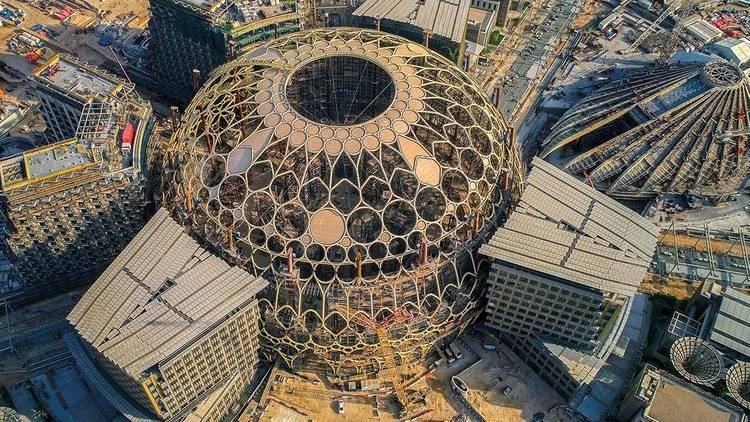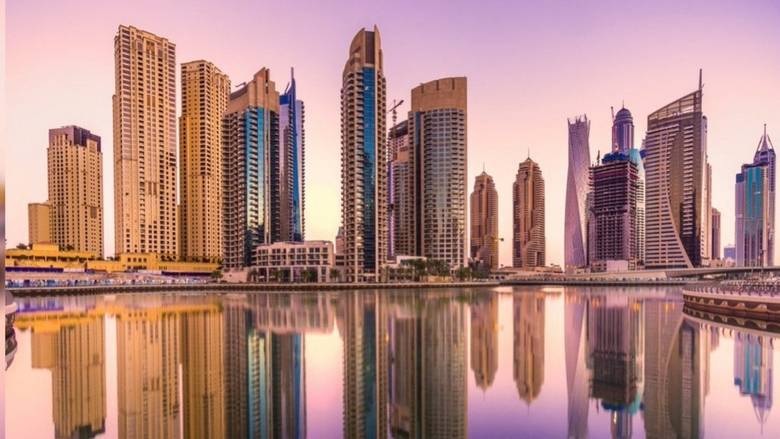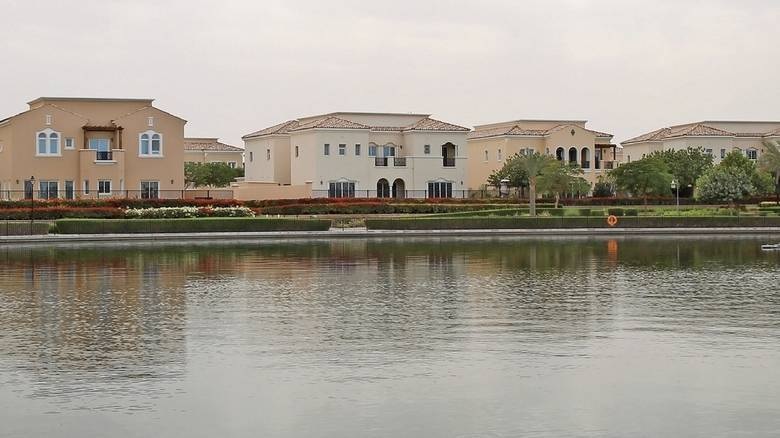Championing real estate strategies in a post-Covid-19 era
The UAE has always been at the forefront of innovation.
The country's ability to form macro, resilient institutions has provided it with a cushion to withstand economic and business challenges, thereby fostering stability in trying times like the current one. Quick shifts in policies and impactful decisions have been made to navigate through the challenges and set the nation straight on the road to economic resurgence. This is continuously being done to protect the gains of the UAE's industries and the interests of all stakeholders - which, for the real estate sector, encompasses developers, brokers, and buyers. The nation's remarkable leadership moves deserve both attention and applause.
Dubai is as one of the safest and most proactive cities to reside, visit, and work in, and offers an outstandingly vibrant and conducive business environment. The emirate's investment in the digital economy has proven to be highly beneficial during this period of lockdown. A heavy investment in 5G networks and smart cities is set to play a major role in bringing back normalcy post Covid-19. History is proof that Dubai has always been at the forefront of handling crises and the current establishment of post-pandemic digital recovery plans is immaculately designed to stabilise the economy.
As an exceptional response to the current global pandemic, the UAE Central Bank has rolled out various stimulus packages, eased down on regulations, and reduced fees. The UAE's response to the pandemic also entails an increase in the loan-to-value ratio applicable to mortgages, which is a solid step in supporting the sector.
Industry players need to take advantage of these lucrative policies in place and gear up to shifting market needs and demand. This is not the time to shelter and pull away from investors and clients, blaming economic and growth-related downfalls on the pandemic, rather, it is a time to adapt to new trends that will emerge and are already well underway in the industry.
Earlier, clients were using e-platforms to connect with suppliers and view company portfolios on websites or social media pages.
More than ever before, now, the internet will play a vital role to connect businesses to clients. In such a scenario, contemporary tools such as virtual reality videos, augmented reality apps, and virtual walk-throughs of homes/properties on sale will be implemented and websites will need to be up to date at all times. Moreover, in line with the national efforts to build a strong post-Covid-19 economy, everyone will need to sharpen and polish their digital channels and offerings.
One must consider that investors and prospective homeowners are now more selective when it comes to what to view, unlike in pre-pandemic times when they would want to visit a developer's entire portfolio.
Drastic changes can be prophesised in the commercial real estate sector once this pandemic has come to an end. We have witnessed a stand-still of businesses in the hospitality and aviation industries and the slow-down in the import and export of goods, globally. This in turn leads to the need for larger warehouses and storage spaces, in some cases boosting the real-estate market.
The pandemic has also led to the emergence of new needs in the market. For example, buyers are now increasingly looking for dedicated home office spaces within their properties and are placing a stronger emphasis on balconies and backyards for children to play, unlike earlier, when these were deemed outdated. Buyers are also looking to get away from crowded high-rise buildings and are demanding more open spaces between low- and mid-rise buildings - infrastructure that is built with the human scale in mind.
The real estate industry also needs to be well prepared to fill the gap created by a new, more pronounced market segment - millennials. This target group consists of people who fall in the demographic bracket of the ages 25-40 years and make up a hefty segment of the spending population. Whereas before, millennials did not consider property investments to be as essential, with the previous rise of the sharing and renting mentality, we are now seeing a shift in mentality, with a new focus on financial stability and security that ultimately benefits the real estate industry.
Homes are now more important than ever before, and those who invest in owning rather than renting are seeing more financial stability and access to benefits such as residency visas. Dubai's effort to attract visitors and investors with strong, safeguarding regulations and initiatives such as international donations, which show the UAE's prowess, highlight the fruitful business environment, stability, and security that the city will epitomise in post-pandemic times.
Hence, it is high-time for developers, brokerage firms, financial institutions, regulators, and policymakers to join hands and be aligned in facilitating and encouraging the process of investing in property - a synergetic undertaking that we are well on our way of achieving.





